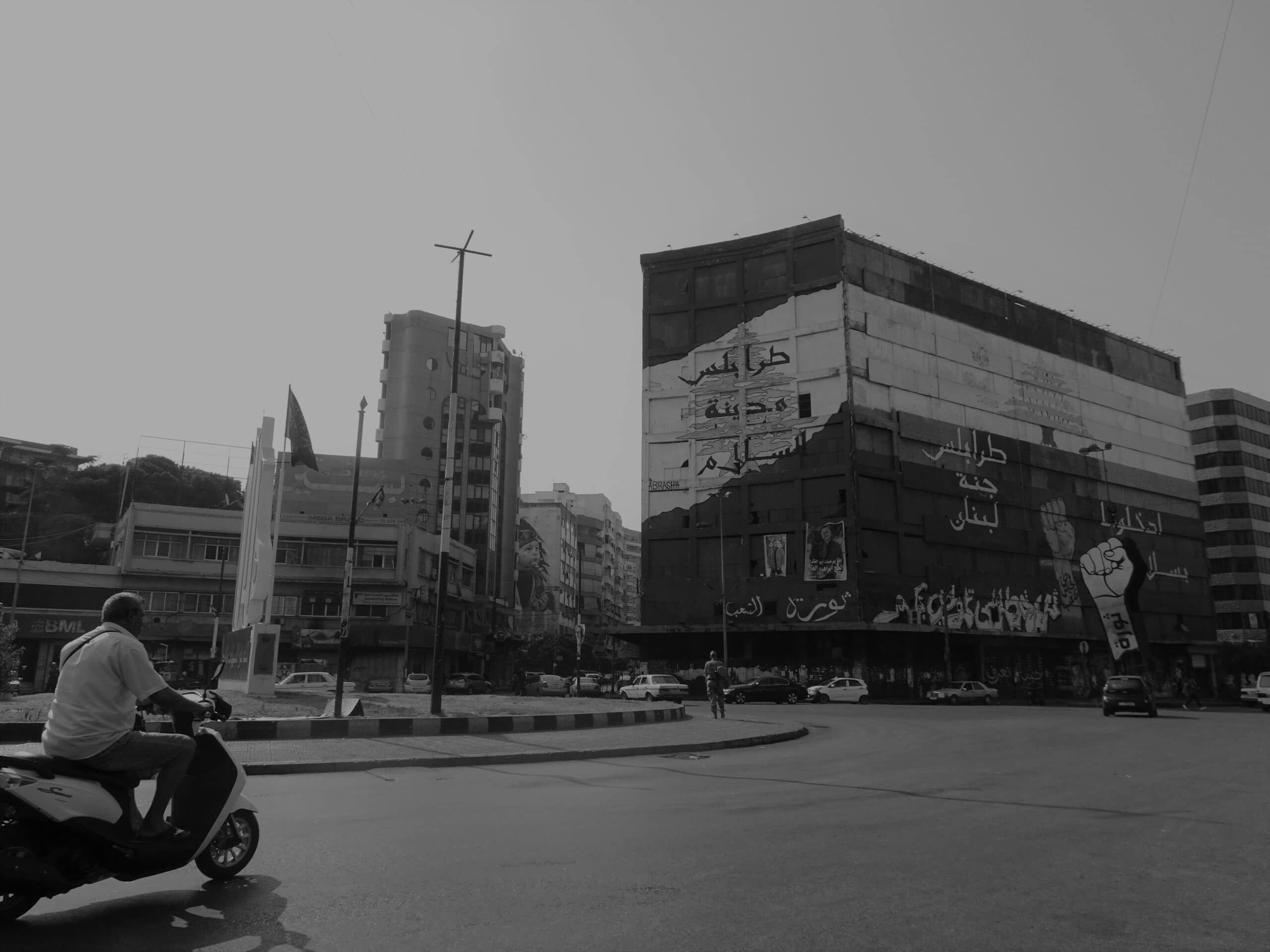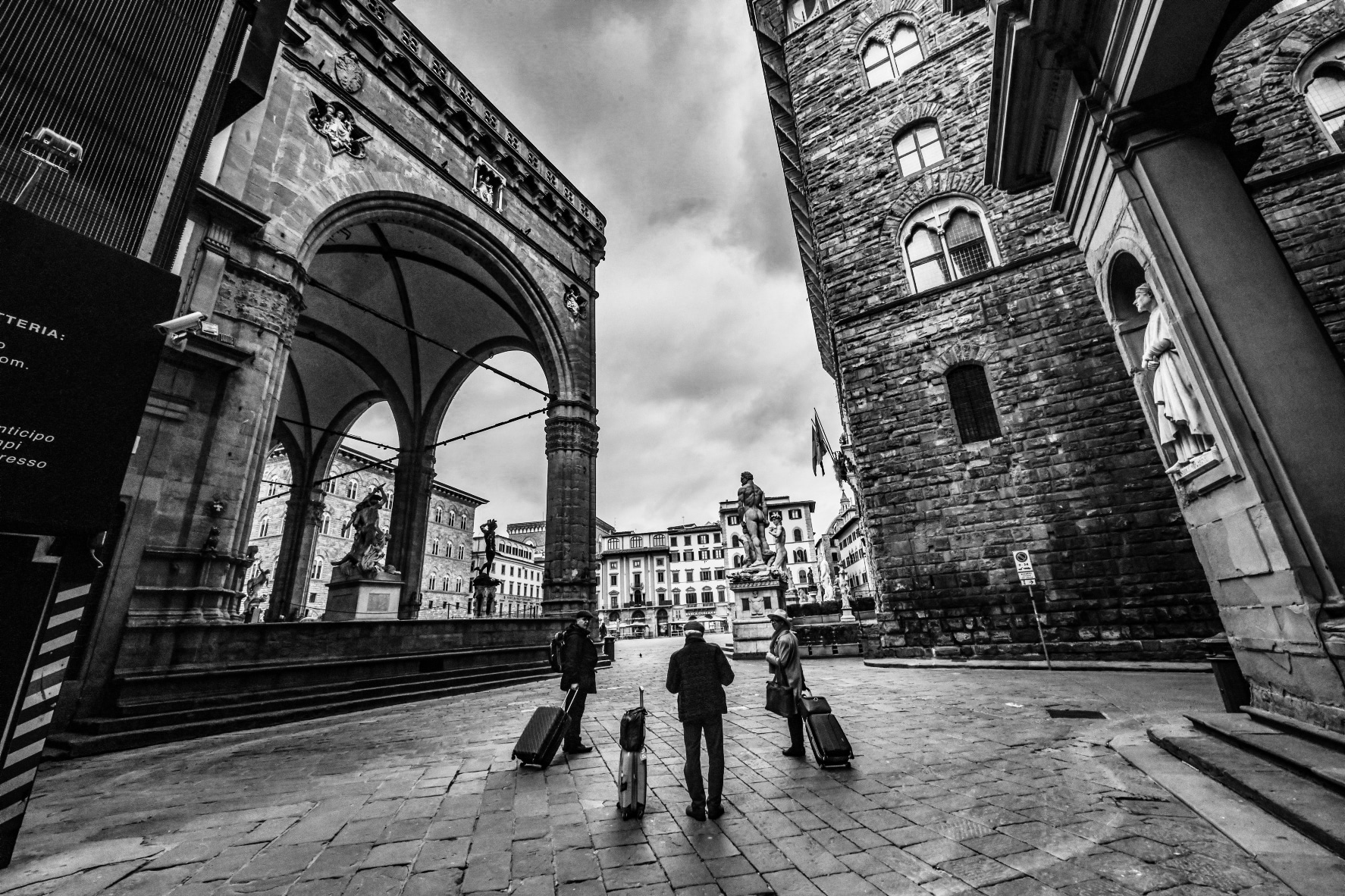It is fascinating to look at Middle Eastern societies. Political systems reflect irreducible ethno-religious variety. Moreover, politics and political instruments as parties, derive from the divisions within society, in line with the assumption that identity arises from differences. So, if religion is identity-making, it can be considered an all-political tool, no longer and not only a fact of faith, nor an individual choice. Religion implies political identity, community sense, and belonging, and as a result offers protection, advantages, and conventions to its adherents. As opposed to it, Europe’s pursuance of another path: the often progressive and traumatic – as recalled by the “Spanish Fury” in Antwerp or the siege of La Rochelle – separation between politics and religion. Until today, while following how European societies will evolve after the current Great Crisis and if this changeover opens new political divisions, economic fractures have absorbed the charge of conflict, according to the classic capital/labour juxtaposition. Hence, the Middle East presents a tangled situation. While Christianity divides the “eternal” and “imminent” questions, recognizing the individual faculty of choice, also regardless of the state, Islam has had a further development – man as a God’s “vicar superintendent” – which until now has made the separation uneasy (with different intensities). Although Christian values and priorities are present in European politics, a similar demarcation does not exist in Middle Eastern systems or is not very nuanced.
Lebanon: a problematic geo-history
Small and strategic. Many appetites are concentrated on Lebanon and not only for the abundant marine gas reserves, which are today more precious than ever. Westernized but already eastern, Lebanon is a land where regional and global players move their pawns. However, Lebanon is an example of pluralism where 18 religious denominations are recognized. Clashes between religious confessions have studded the history of Lebanon, yet there have never been any examples of coexistence and cooperation. It is a prohibitive task to hold together such a fragmented and conflicting society. Many incurable conflicts exist even within the monotheistic religion: Sunni and Shia; Maronites and Orthodox. Furthermore, some look at the West as an example and the West looks to Lebanon as a landing point (from the seventeenth century onwards); others look to the West only with suspicion. Finally, it should be added that Palestinian and Syrian refugees have arrived in Lebanon, altering the fragile demographic balance.
Read the complete content here: Can Lebanon be non-confessional? Reforms, identity, and global powers (eurac.edu)





